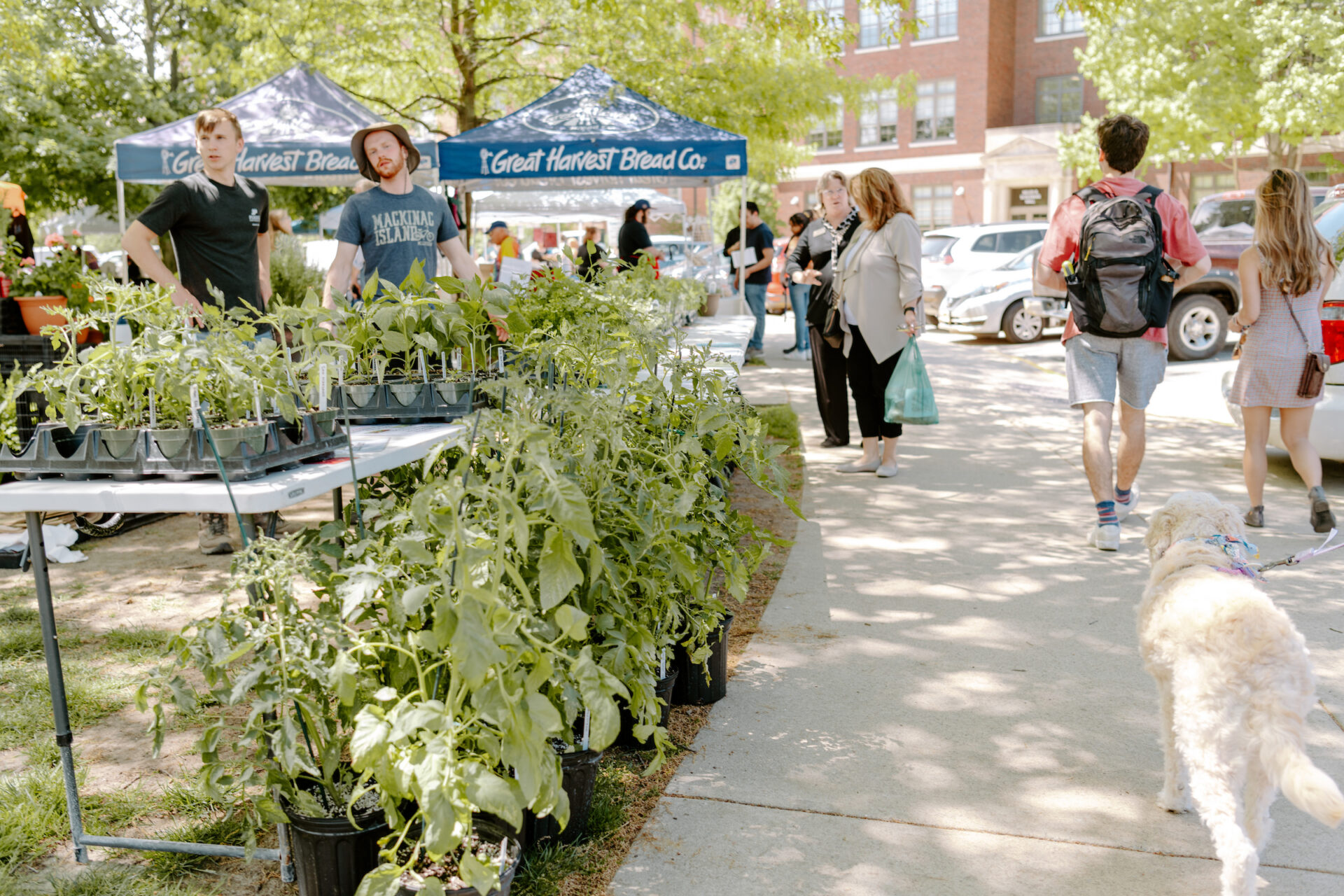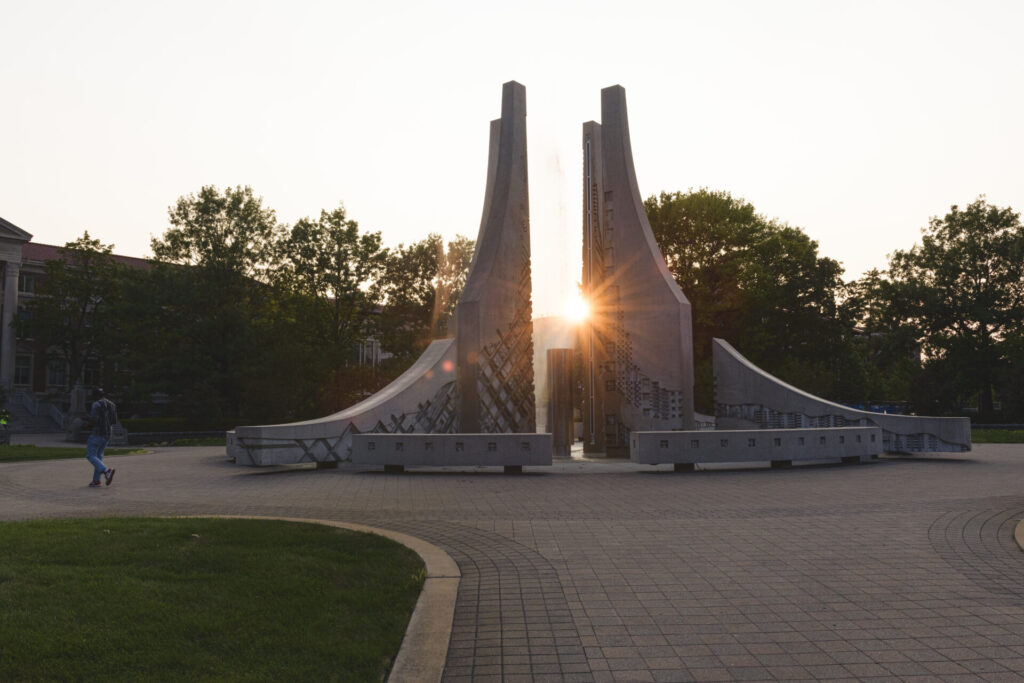Sustainable Operations goals
1
Advance towards a low carbon future
2
Consume responsibly & minimize waste
3
Cultivate a thriving built and natural environment
What’s Happening Now
Connect with us on social!
As a department of Administrative Operations, We Power Purdue












